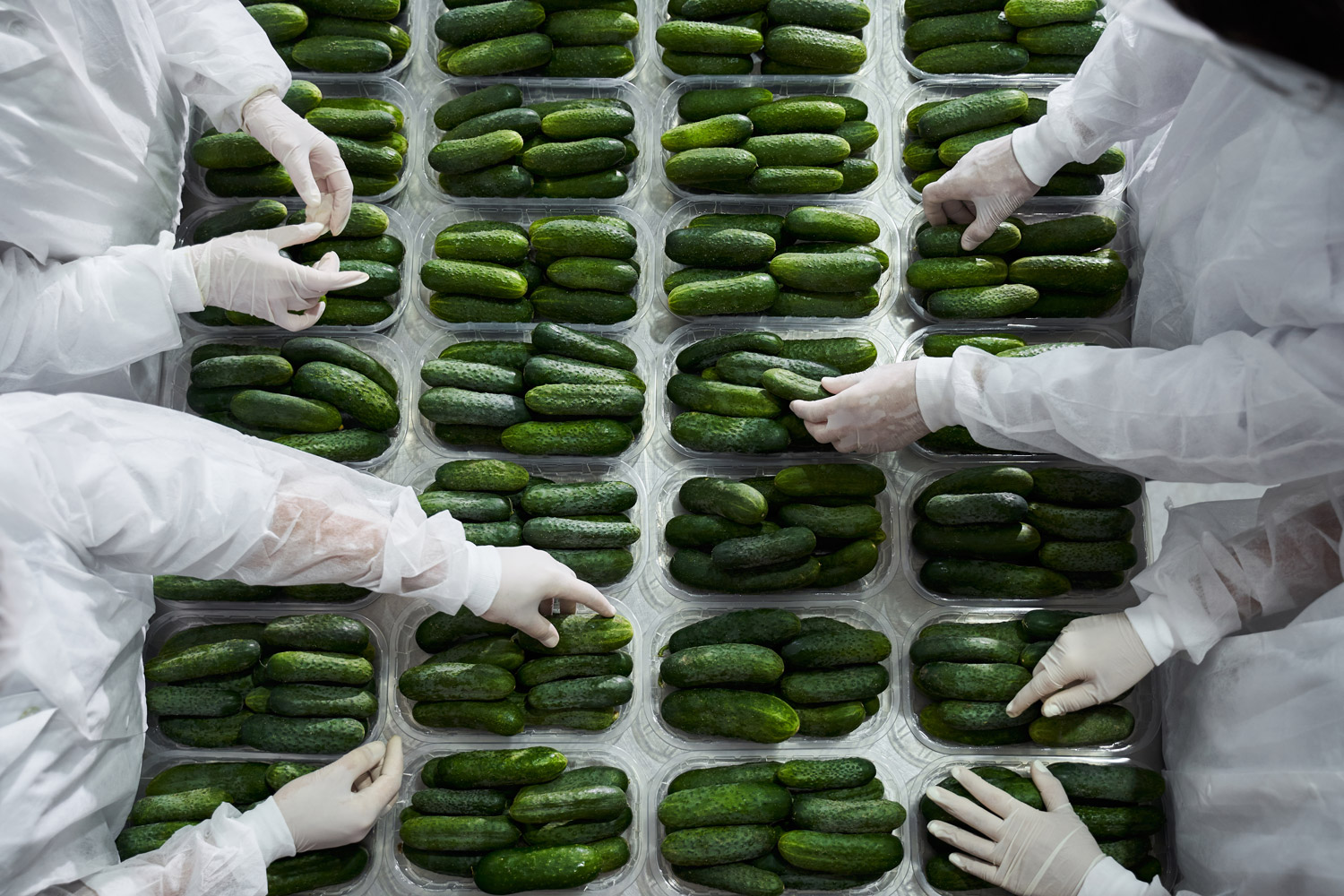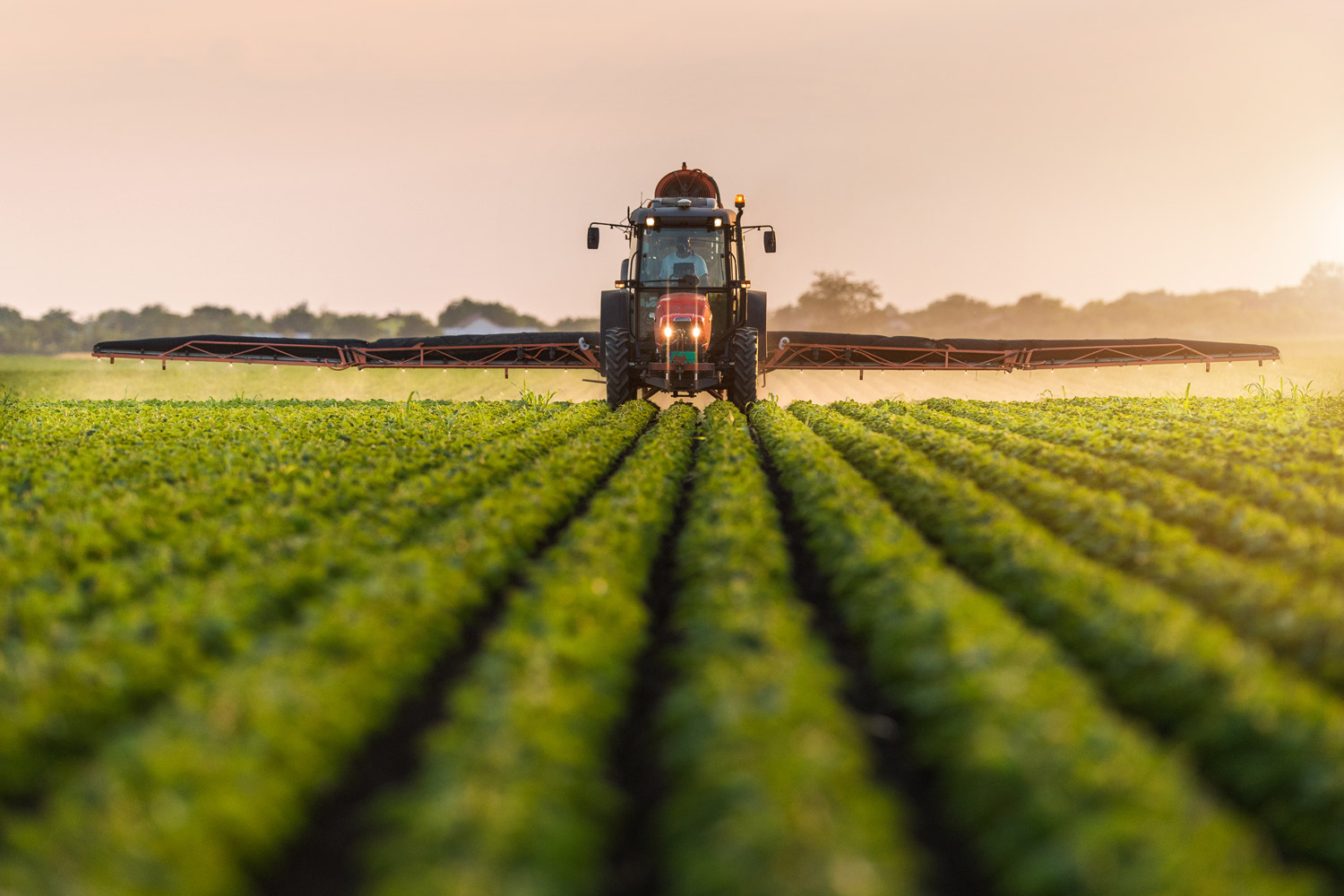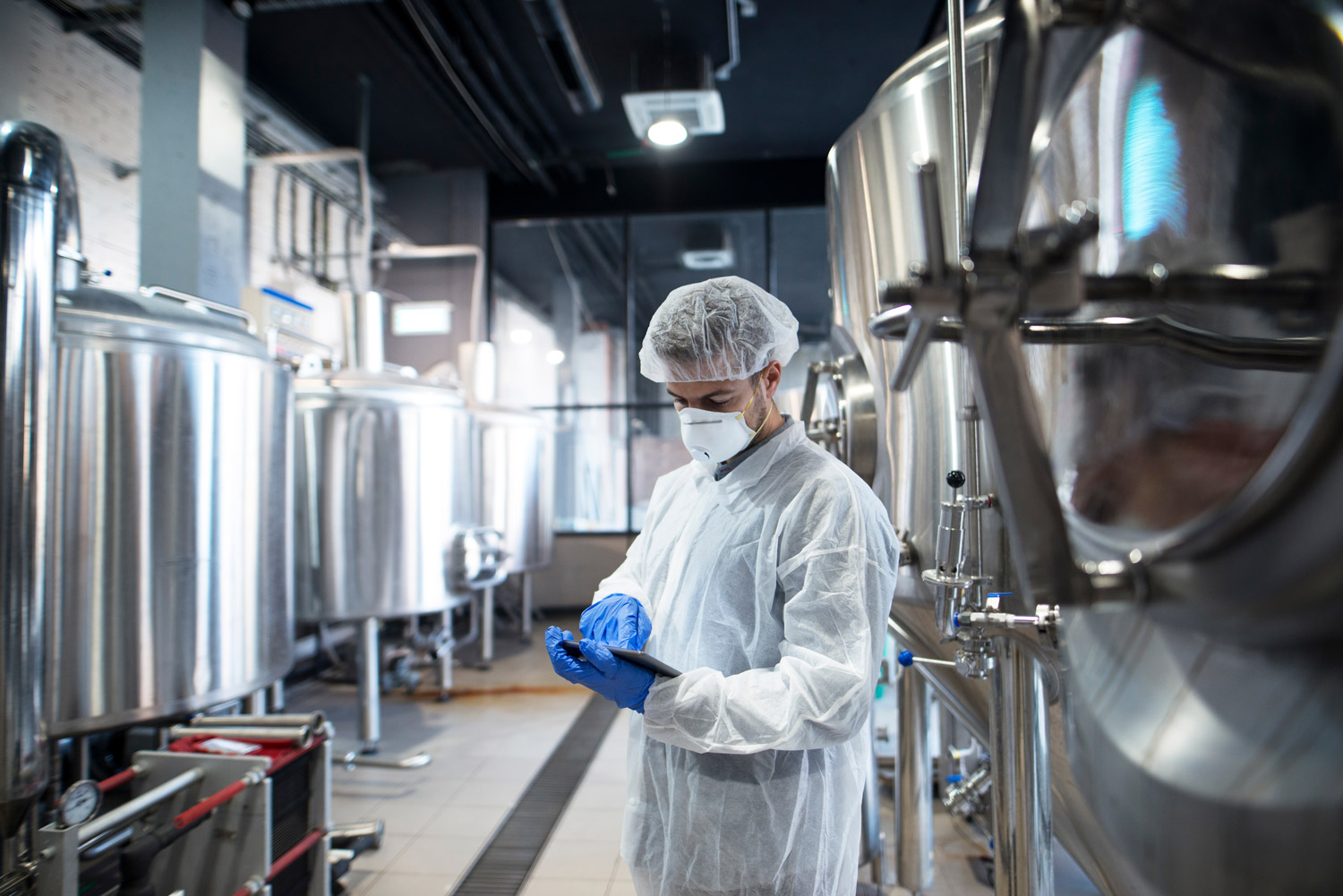SERVICES
Cleaning & Sanitation
Cleaning & Sanitation
Leaders of cleaning and sanitation services to the food industry in New Zealand.
Our market leading cleaning and sanitation solutions ensure compliance with food standards required by your customers, auditors and regulators.
Our market leading cleaning and sanitation solutions ensure compliance with food standards required by your customers, auditors and regulators.
We know the food industry from farm to fork.
We get your plant clean on time, no excuses. Just solutions.
Our experts know the science behind cleaning and hygiene.
We know food sanitation
We know food sanitation
We understand the in depth process of food safety and the importance of preventing the spread of harmful bacteria and other contaminants.
Fundamentally, this involves employee personal hygiene, facility and equipment sanitation, pest control, temperature control, proper food handling, HACCP, food safety inspections and regulations.
All of these practices are essential for preventing foodborne illnesses.

Our seven pillars are key to your brand safety
Our seven pillars are key to your brand safety
Through collaboration we become an integral part of your value chain. Our seven pillars ensure you meet globally-recognised hygiene standards.

We’re here for you
We’re here for you
Our clients have access to expertise on a just-in-time basis that assists with troubleshooting, solution innovation, execution and site team management.

Servicing your industry sector
Servicing your industry sector
We service the following industry sectors: red meat, poultry, pork, seafood and aquaculture, fresh produce, smallgoods, retail ready and RTE, baking, dairy, beverages, snack foods and farming.

Our clients goals are vital
Our clients goals are vital
At Ecowize we have a unique approach to customer relationships based on transparency, trust, and integrity.
We strive to provide services that our customers want, need and value. We have a robust communication and reporting plan to ensure customer satisfaction.

“Protecting brands in the food and beverage industry for more than 20 years”
Frequently asked questions
Enquire below or call 0800 326 949
Complete the form above and we’ll be in touch.